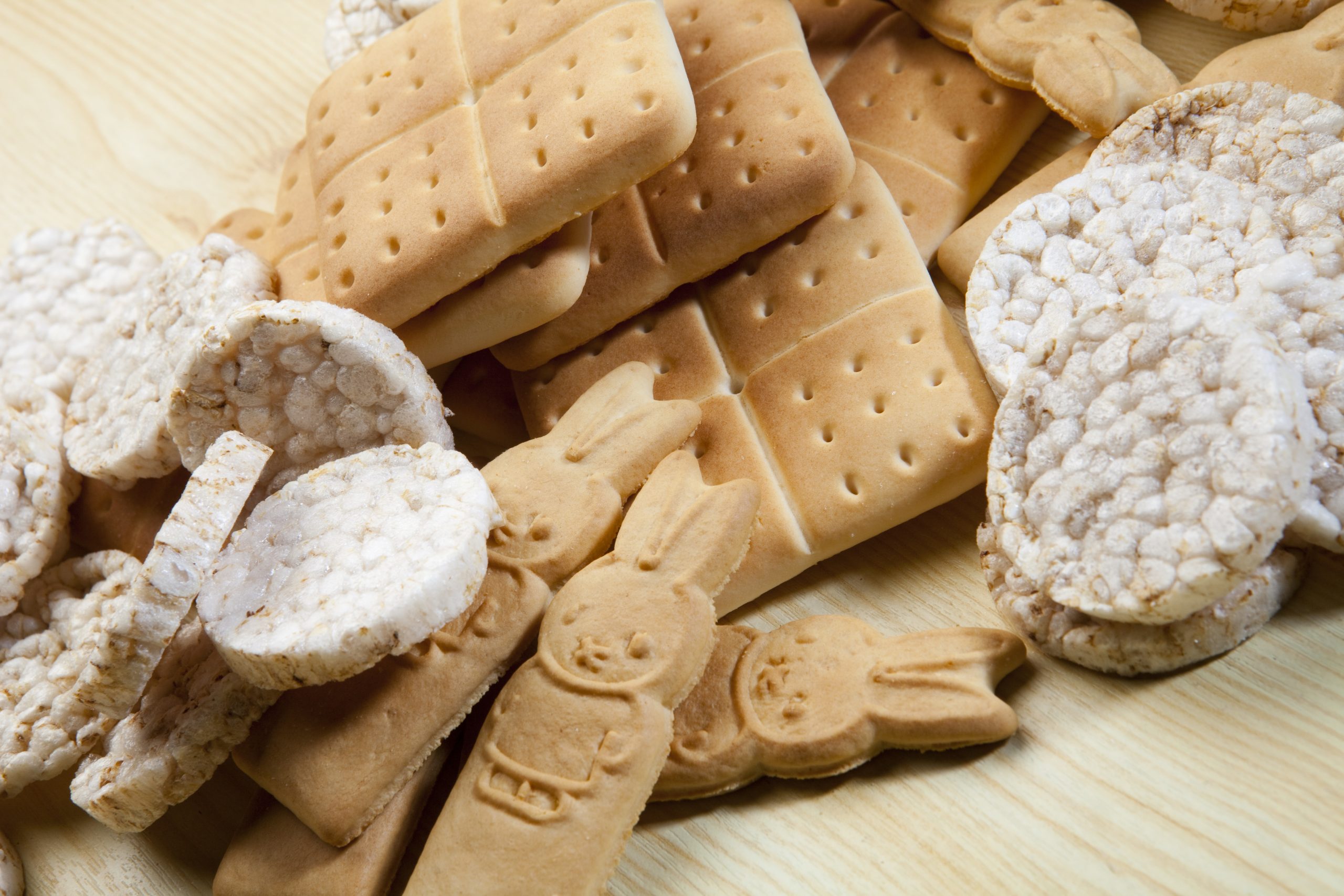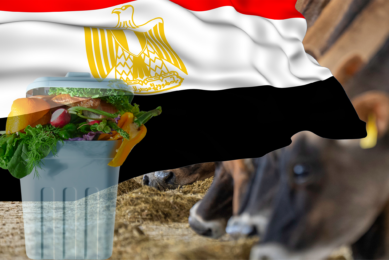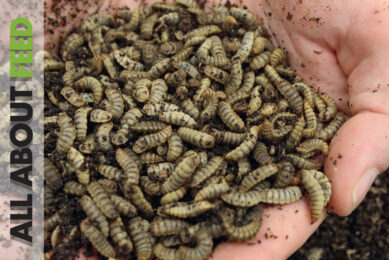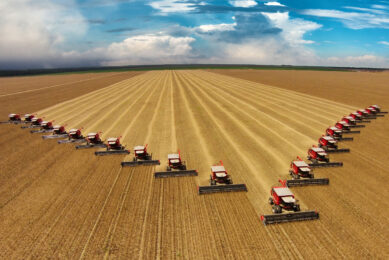EU wants food waste turned into feed

Food waste no longer suitable for human consumption can be used for animal feed purposes and the amount processed can be doubled in the EU, according to EFFPA. But feed safety should be maintained at all costs.
This was one of the conclusions of the first stakeholder meeting on this topic, organised by EFFPA (the European Former Foodstuff Processors Association) in Brussels. The European Commission sees former foodstuffs processing as an important contribution towards reaching the Sustainable Development Goals on reducing food waste.
Foodstuffs become unsuitable for human consumption for different reasons (source: EFFPA brochure).
- Production errors leading to broken or intermediate foodstuffs
- Production errors leading to incorrect shaping, colouring, flavouring or labelling of foodstuffs
- Expiration of the internal sell-by date
- Surpluses caused by logistical challenges of daily delivery
- Surpluses caused by discontinuation of a food product line
- Surpluses resulting from seasonal festivities and sports events (Christmas, Easter, Valentine’s Day, World Cup Football)
EU circular economy
EFFPA wants to turn these former foodstuffs (such as bread, biscuits, chocolates, pastry, cakes etc) into valuable ingredients for livestock diets and maintains that this could be made easier through regulatory frameworks. Animal proteins (such as meat), household waste and catering reflux are not allowed in feed for food-production animals. Former foodstuff processors typically purchase the food losses from food manufacturing facilities and since a few years have also started to source surplus bread from the retail sector.
To get all the stakeholders involved, EFFPA invited speakers from the food and feed sector, regulatory experts and a food safety assurance scheme representative. The speakers highlighted the valuable sustainability contribution of former foodstuff processing to the EU circular economy and the prevention of food waste. It was also stressed that maintaining feed safety at all costs is very important. Future innovation in processing technology and sourcing capacities, more efficient safety assurance scheme auditing procedures and a streamlining of the regulatory interface between food and feed production were mentioned as elements that could further stimulate the processing of former foodstuffs into feed for food-producing animals.
Sustainable business strategy
EFFPA President Paul Featherstone: “The event provided an excellent podium to present our business activity to a wide audience. I hope it will stimulate the food industry’s conviction that having their former foodstuffs transformed into animal feed can be part of a safe, sustainable business strategy that contributes to food waste prevention.” An estimated 3.5 million tonnes of former foodstuffs are already annually processed into animal feed in the EU. With continued innovation in processing techniques and expansion to other food chain sources, EFFPA estimates the sector could grow up to 7 million tonnes by 2025
[Source: EFFPA]











